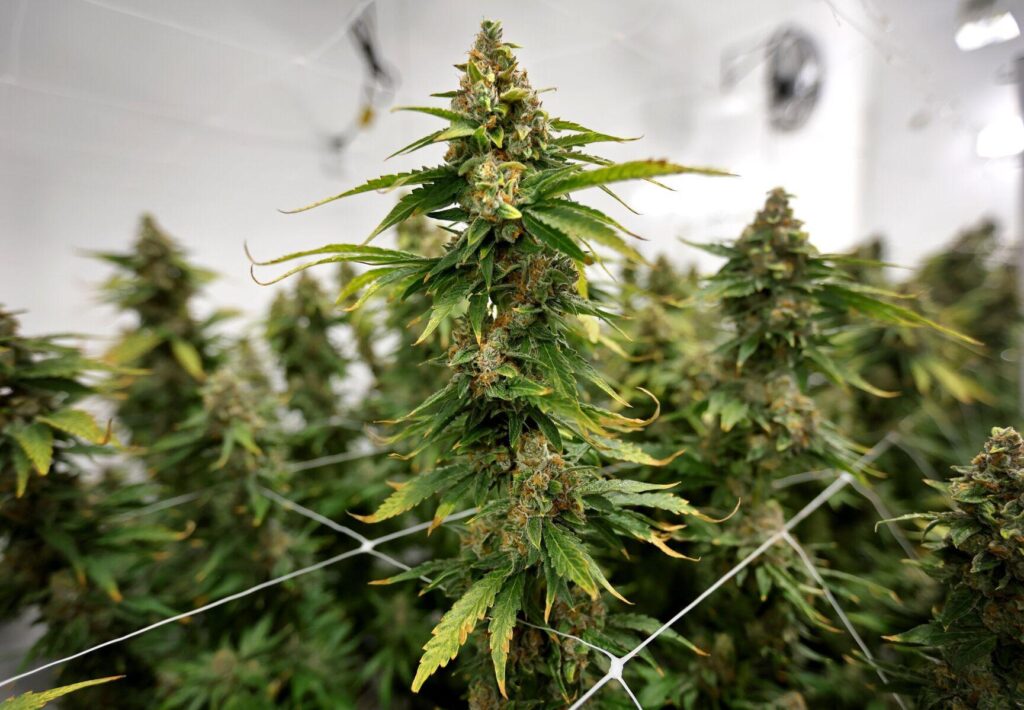Burstein said that pricing is starting to come down to about $1,500 to $2,000 per flower in cultivation and bulk products.
Adult-use rollout has been successful for many reasons in Missouri, Burstein said, highlighting the regulatory structure being positive for market growth and the support of operators. But, the number of dispensaries varies from location to location.
“You’ll have a dynamic where you have very concentrated sales in some locations and then you’ll have other locations or states where for 200 miles you don’t have a single store,” Burstein said.
And while local entities can add additional taxes on marijuana, the state’s excise tax on retail marijuana sales at 6% is among the lowest compared to other markets.
Other than Illinois, none of the states bordering Missouri have legal recreational cannabis programs, which has contributed to high sales in the Show-Me State.
In addition to the already successful market, according to LeafLink data, a number of micro-licenses are expected to come online over the next two years, which will play a new role in the Missouri cannabis market.
Micro-licenses are designed for small businesses operated by marginalized or underrepresented individuals to participate in the legal marijuana market. These licenses were set up to be different from traditional comprehensive licenses.
“If you’re a micro-license, you can do all parts of the supply chain: grow, process and sell the product at your own retail points,” Burstein said.
Burstein said there will likely be a slight incline in state sales when it comes to the micro-licenses, but only time will tell if it will have a large impact on the market.
“If you’re an operator, you make the most money and the biggest margins when you sell your own brands and your own stores,” Burstein said.
Marijuana sales could see more changes in the way of packaging. Beginning in the new year, all packaging on cannabis products will be required to only have one color other than white or black, and cannot have logos that could appeal to younger people.
“I think the biggest impacts are to the beverage products because almost all the beverage companies have taken an infused brand and added THC to it,” said Burstein.
Though businesses have known of the packaging changes for six months, packaging traditionally is shipped from China, taking around two to three months to get to the United States and be manufactured by a factory.
“It takes four to five months to actually change your packaging,” Burstein said.
H/T: www.stltoday.com



